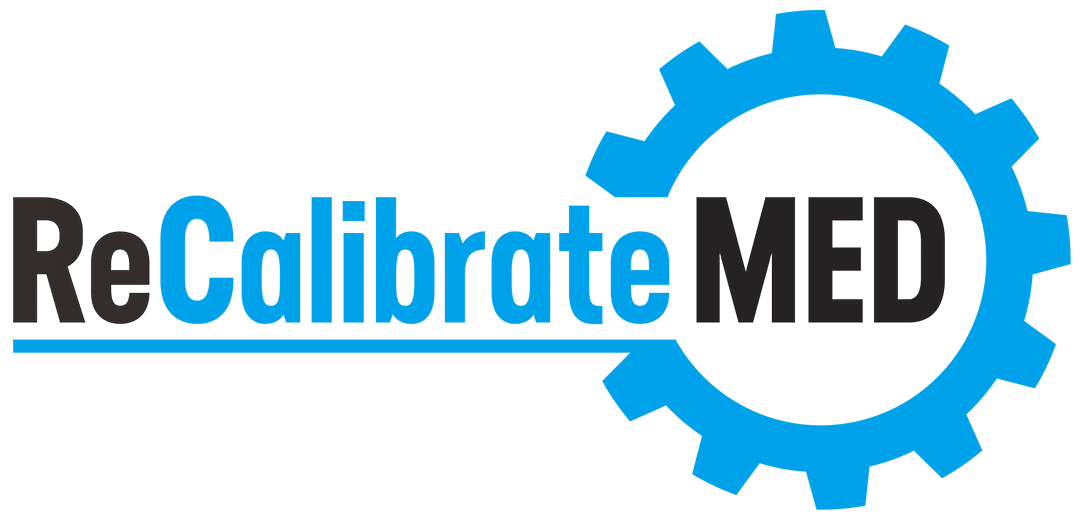Estrogen is a hormone primarily associated with female reproductive health, but it also plays a crucial role in men. It is responsible for the development and regulation of secondary sexual characteristics, menstruation, bone health, and mood stabilization. Estrogen levels fluctuate throughout a woman’s menstrual cycle, peaking during ovulation and dropping during menstruation. In men, estrogen is produced in smaller amounts but is still essential for overall health. When estrogen levels are imbalanced, it can lead to various health issues, including infertility, osteoporosis, and mood disorders. Understanding the importance of estrogen in the body is the first step towards harnessing its power and maintaining optimal levels.
Estrogen is primarily produced in the ovaries in women and the testes in men. It can also be synthesized in other tissues, such as fat cells, adrenal glands, and the brain. The production and regulation of estrogen are influenced by a complex interplay of hormones, including follicle-stimulating hormone (FSH) and luteinizing hormone (LH). These hormones are produced by the pituitary gland and play a crucial role in the menstrual cycle and reproductive health. Estrogen levels can be affected by various factors, including age, stress, diet, and environmental exposures. By understanding the factors that influence estrogen production, we can make informed choices to support and boost our estrogen levels naturally.
Signs and symptoms of low estrogen levels
Low estrogen levels can have a significant impact on our overall health and well-being. Understanding the signs and symptoms of low estrogen can help identify potential imbalances and take appropriate action. In women, common symptoms of low estrogen levels include irregular or absent periods, hot flashes, night sweats, vaginal dryness, mood swings, decreased libido, and difficulty concentrating. These symptoms are often associated with menopause, but they can also occur in younger women due to hormonal imbalances or medical conditions. In men, low estrogen levels can manifest as decreased libido, erectile dysfunction, fatigue, depression, and loss of muscle mass. If you suspect low estrogen levels, it is essential to consult with a healthcare professional for proper diagnosis and guidance. Now that we understand the importance of estrogen and the signs of low levels, let’s explore natural ways to boost estrogen production.
The role of diet and nutrition in estrogen production
Diet and nutrition play a crucial role in hormone production and balance, including estrogen. Certain foods contain natural compounds that can help stimulate estrogen production or mimic its effects in the body. Incorporating these foods into your diet can support healthy estrogen levels. Phytoestrogens are plant-based compounds that have a similar structure to estrogen and can bind to estrogen receptors in the body. Examples of foods rich in phytoestrogens include soy products, flaxseeds, sesame seeds, chickpeas, lentils, and whole grains. Consuming these foods in moderation can help boost estrogen levels naturally. Additionally, foods rich in vitamins and minerals, such as vitamin E, vitamin B6, magnesium, and zinc, can support hormone production and balance. Sources of these nutrients include leafy greens, nuts, seeds, fish, and lean meats. Eating a well-rounded, nutrient-dense diet is essential for overall health and can positively impact estrogen levels.
Herbal remedies and supplements for boosting estrogen
In addition to dietary changes, herbal remedies and supplements can provide natural support for estrogen production. Herbs such as black cohosh, red clover, dong quai, and wild yam have been traditionally used to alleviate menopause symptoms and support hormonal balance. These herbs contain phytoestrogens and other compounds that can mimic the effects of estrogen in the body. While herbal remedies can be beneficial, it is essential to consult with a healthcare professional before starting any new supplement regimen, especially if you have underlying medical conditions or are taking medications. They can provide personalized guidance based on your specific needs and ensure that any supplements or herbal remedies are safe and appropriate for you.
Exercise and physical activity to enhance estrogen production
Regular exercise and physical activity have numerous health benefits, including hormone regulation. Engaging in moderate-intensity exercise can help enhance estrogen production and balance. Exercise stimulates blood flow and promotes the release of endorphins, which can positively influence hormone production. Activities such as brisk walking, jogging, swimming, cycling, and strength training can all contribute to healthy estrogen levels. Aim for at least 150 minutes of moderate-intensity exercise per week, or 75 minutes of vigorous-intensity exercise, spread throughout the week. Remember to listen to your body and choose activities that you enjoy to make exercise a sustainable part of your lifestyle. Along with diet and herbal remedies, regular exercise can be a powerful tool in harnessing the power of nature to boost your estrogen levels and support overall hormonal health.
Stress management and its impact on estrogen levels
Stress is an inevitable part of life, but chronic stress can have a detrimental impact on our hormonal health, including estrogen levels. When we experience stress, the body releases cortisol, a hormone that can interfere with the production and balance of other hormones, including estrogen. Chronic stress can disrupt the delicate interplay of hormones and lead to imbalances. Therefore, effective stress management techniques are vital for maintaining healthy estrogen levels. Explore stress-reducing practices such as meditation, deep breathing exercises, yoga, tai chi, or engaging in hobbies that bring you joy. Prioritizing self-care and finding healthy outlets to manage stress can have a profound impact on your hormonal health and overall well-being.
Environmental factors that can affect estrogen levels
In addition to internal factors, external environmental factors can also influence estrogen levels. Our modern world is filled with chemicals and toxins that can disrupt hormone production and balance. These chemicals, known as endocrine disruptors, can mimic or interfere with the actions of hormones in the body, including estrogen. Common sources of endocrine disruptors include certain plastics, pesticides, personal care products, and household cleaning agents. To reduce exposure to these chemicals, opt for natural and organic products whenever possible, choose glass or stainless-steel containers for food storage, and avoid using plastic containers in the microwave or dishwasher. Additionally, consider using air purifiers and water filters to minimize exposure to toxins. By being mindful of our environment and making conscious choices, we can create a healthier and more estrogen-friendly living space.
Lifestyle changes to support healthy estrogen levels
In addition to dietary changes, herbal remedies, exercise, and stress management, certain lifestyle changes can further support healthy estrogen levels. Getting adequate sleep is crucial for hormone regulation and overall health. Aim for 7-9 hours of quality sleep each night and establish a consistent sleep routine. Avoid exposure to bright screens before bed, create a calming sleep environment, and practice relaxation techniques to promote restful sleep. Additionally, maintaining a healthy weight is important for hormonal balance. Excess body fat can lead to increased estrogen production, while being underweight can result in decreased estrogen levels. Strive for a balanced, nutritious diet, and engage in regular physical activity to maintain a healthy weight. Lastly, avoid smoking and limit alcohol consumption, as these habits can negatively impact estrogen levels and overall health.
Hormone replacement therapy as a last resort
In some cases, natural remedies and lifestyle changes may not be sufficient to restore and maintain optimal estrogen levels. In such situations, hormone replacement therapy (HRT) may be considered as a last resort. HRT involves the use of synthetic or bioidentical hormones to supplement or replace the body’s natural hormone production. It can be administered orally, topically, or through patches or injections. HRT can be effective in alleviating severe menopause symptoms and restoring hormonal balance. However, it is essential to consult with a healthcare professional before considering HRT, as it carries potential risks and side effects. They can provide a thorough evaluation of your hormonal health, discuss the benefits and risks of HRT, and guide you in making an informed decision that aligns with your individual needs and preferences.
Conclusion: Empowering yourself to balance your hormones naturally
Maintaining healthy estrogen levels is crucial for our overall health and well-being. By harnessing the power of nature, we can support and boost estrogen production through various natural methods. Understanding the role of estrogen in the body, recognizing the signs of low levels, and making lifestyle changes that prioritize hormonal health are essential steps towards achieving balance. From dietary changes and herbal remedies to exercise, stress management, and reducing exposure to environmental toxins, there are numerous natural ways to support healthy estrogen levels. However, it is important to remember that everyone’s hormonal needs are unique, and what works for one person may not work for another. Consulting with a healthcare professional is crucial to ensure personalized guidance and support throughout your journey. By empowering yourself with knowledge and making informed choices, you can take control of your hormonal health and embrace a vibrant, balanced life.
Call us today at (910) 420-0443.





